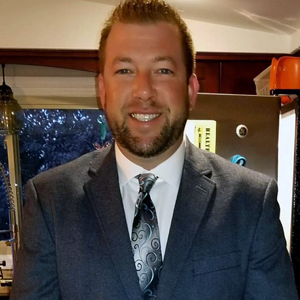
Power outages happen for a variety of reasons like storms, grid issues, damage to components of the grid and many others. While a power outage may not be considered as directly dangerous as what may cause a power outage, there are still facets to keep in mind.
Here are some tips for making it through a power outage:
One of the biggest items to remember when, or even before, the power outage occurs is electronic necessities, such as monitors, medical devices or support electronics. You’ll want to ensure you have some source of backup power for such an occasion.
For example, if an item has a battery - even if it’s rechargeable - keep a spare or two in case the power doesn’t return for a prolonged period of time. Likewise, power generating batteries with auxiliary plugs are another great option for keeping your mandatory electronic devices functioning.
Food kept in a pantry or other dry areas should be fine during a power outage. In fact, keeping cold food cold is one of the bigger challenges during a period without electricity. To keep things from spoiling, keep your refrigerator and freezer doors closed to help keep your food cold and at safe temperatures for preservation.
If you have excess food that needs refrigeration, try using a heavily insulated cooler and copious amounts of ice to help keep everything from spoiling.
Most appliances will not work during a power outage. However, it’s still important to have a working carbon monoxide detector, especially if using a generator. Anything that could give off exhaust could result in carbon monoxide poisoning. With working carbon monoxide detectors, you and your household can stay safe.
Be sure that whichever carbon monoxide detector you choose has a backup battery in case something happens to the primary one.

Sometimes, sudden power outages can be taxing, especially if you know what to do. In power outage situations, keep safety tips at the top of your mind, especially if it’s during a storm or other natural disaster. Be wary of exterior dangers like downed power lines. Keep medical equipment active with backup batteries and have a battery-powered radio handy.

Matthew has been licensed since 2011 and has dealt with all aspects of real estate. He currently holds the position of asset manager and agent to over 200 Investment rental portfolio properties from multifamily units as well as single family homes and condominiums. Matthew also carries designations to his real estate license including (ABR) Approved Buyers Rep, (SFR ) Short Sales and Foreclosure Rep. Over $7 million in assets purchased and 130 Investment properties bought to date. Clients contact Matthew to purchase, manage and sell Investment properties for profit.